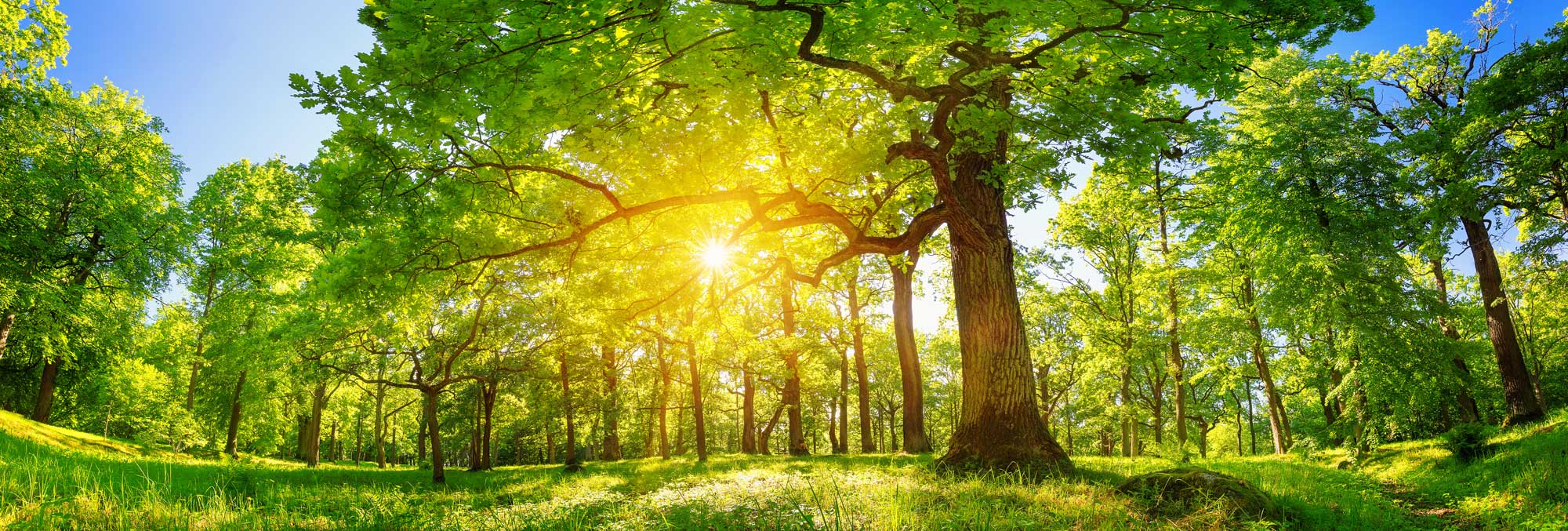
When is a tree permit required?
- If you are cutting down more than five (5), non-specimen, trees in a calendar year
- If you are cutting down a healthy specimen tree
Standards for the identification, preservation, and protection of specimen trees shall be as follows: Any tree in fair or better condition which equals or exceeds the following diameter sizes:
- Large Hardwoods, i.e., oaks, hickories, yellow poplars, and similar species: 30 inches DBH.
- Large Softwoods, e.g., pines, evergreens, and similar species: 30 inches DBH.
- Small Trees, e.g., dogwoods, redbuds, sourwoods, and similar species: Ten inches DBH.
A tree is defined as “any living, self-supporting, woody perennial plant which has a trunk caliper of two (2) inches or more measured at a point six (6) inches above the ground and which normally attains a height of at least ten (10) feet at maturity usually with one (1) main stem or trunk and many branches.
A specimen tree means any tree that has been determined to meet the criteria within section 14-39 for the determination of specimen trees (City Code, Chapter 14).
Exemptions
- You can cut down trees that are determined to be diseased or insect infested (should be determined by a certified arborist).
- You can remove any tree that has become, or threatens to become, a danger to human life or property. This includes trees that have received significant storm damage.


